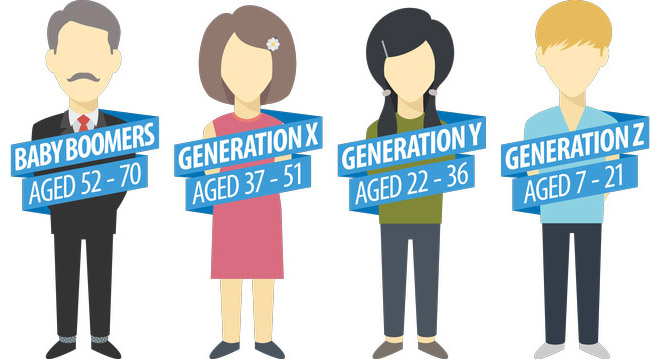What impact will Generation Z have on Turkish politics in 2023 elections?

As most of you would know Generation Z (centennials), refers to the generation that was born between 1996 and 2010, following millennials. It is observed that this generation has been raised on the internet and social media, with some the oldest finishing college by 2020 and entering the workforce. Turkey has a very young population and by 2023 and based on a survey conducted by GEZİCİ Research Company one out of every 5 citizens who would vote in 2023 would be from Generation Z.
In same survey said company pointed out that 76.6 percent of those who voted for the first time in the 2018 election did not vote for the Republic (Cumhur) Alliance (AK Party and partner) .
The official of the research company, pointed out that one out of every 5 people will be from Z generation in the elections scheduled to be held in 2023 and that the election will be in the hands of this audience. The report found ‘’the fate of the election is in the hands of Generation Z”.
Based on the report following findings are noted:
“In the 2023 election, one out of every 5 people will be Generation Z. Those who set obstacles in front of this new constituency will not be the winners of the election. The fate of the election is in the hands of Generation Z. This population with a vote potential close to the vote of the main opposition and equal to the vote of 5-6 political parties, will be the new focus groups of politicians. In the 2018 election, 76.6 percent of those who voted for the first time did not vote for the CUMHUR Alliance. Both the government and the opposition must set policies in line with Generation Z.
Especially in the 2023 Presidential election, Generation Z will be absolutely decisive. In fact, the young people of Generation Y in the last period almost share the sensibilities of Generation Z. The opposition’s candidate must be careful to introduce preferences close to those two generations.
The politicians can easily gain the trust of said generation depending on how they interact with them.
The candidate should be following the technological developments in the world and use digital language, have the competence to open Turkey to the whole world. He should be able to give confidence of hope for employment to young people.
Generation Z has an equality-based understanding of rights, with sensitivity on issues such as human rights, animal rights and sex discrimination at the forefront. A fairly significant proportion of Generation Z, such as 45 per cent, hold the view that everyone has equal and similar rights. In this context, elements such as race, gender, religion, language and denomination are of low importance for this generation. For example, the proportion of those who say “I can marry someone belonging to a different religion or sect” was 32.8 per cent in the previous generation, while those in Generation Z had 82.2 per cent.
These values indicate that the difference in religion or denomination for Generation Z remains largely insignificant compared to previous generations. 15.7 percent of this generation said they met the requirements of their religious beliefs, such as praying and fasting, while 55.8 percent said they did not meet those requirements. 28.5 percent also expressed disbelief. They want justice and freedom of thought, while 62 percent of those outside the Z generation said they fast and 32 percent said they worshipped regularly. 76.4 percent of Generation Z said they found concepts such as justice, democracy, freedom of expression and thought, merit, waste, art important. The proportion of those who support the EU is 78.6 per cent in Generation Z and 35.6 per cent in the other generations X and Y. This generation does not see itself as belonging to a particular ideological group or any political party in general. Research conducted in Turkey on Generation Z shows that about 68.7 percent of those in this generation do not identify themselves in certain categories, such as Kemalist or conservative or nationalist, and do not feel any affinity towards existing political parties. In the poll, 86.7 percent of Generation Z said that while voting could not have the influence of parents, Their will was at the forefront.





